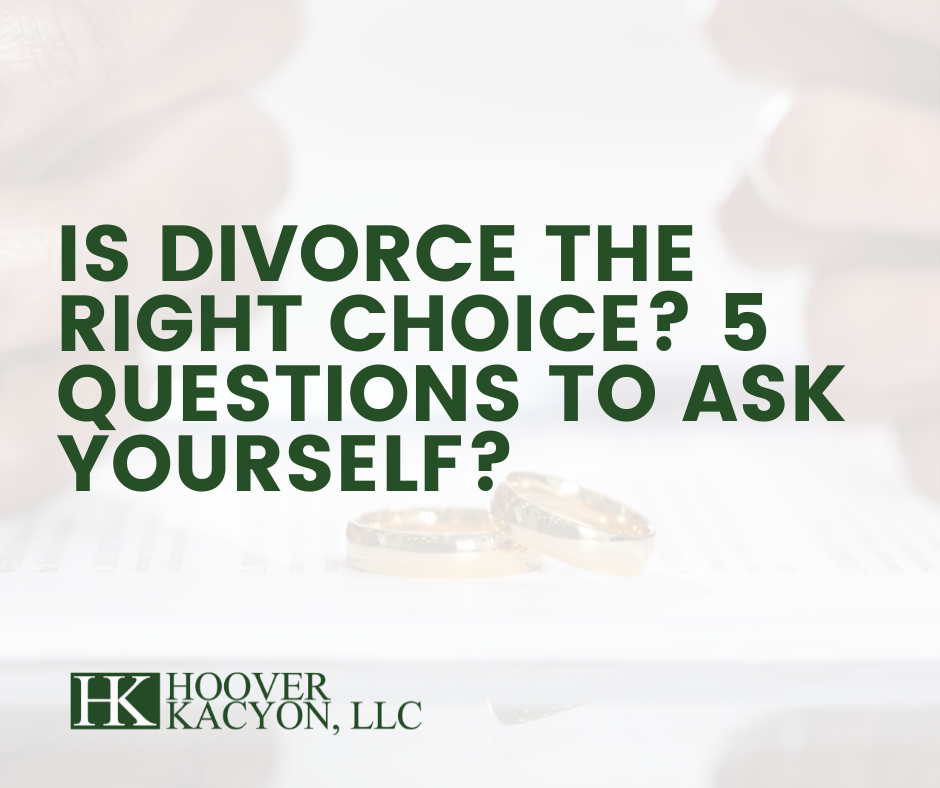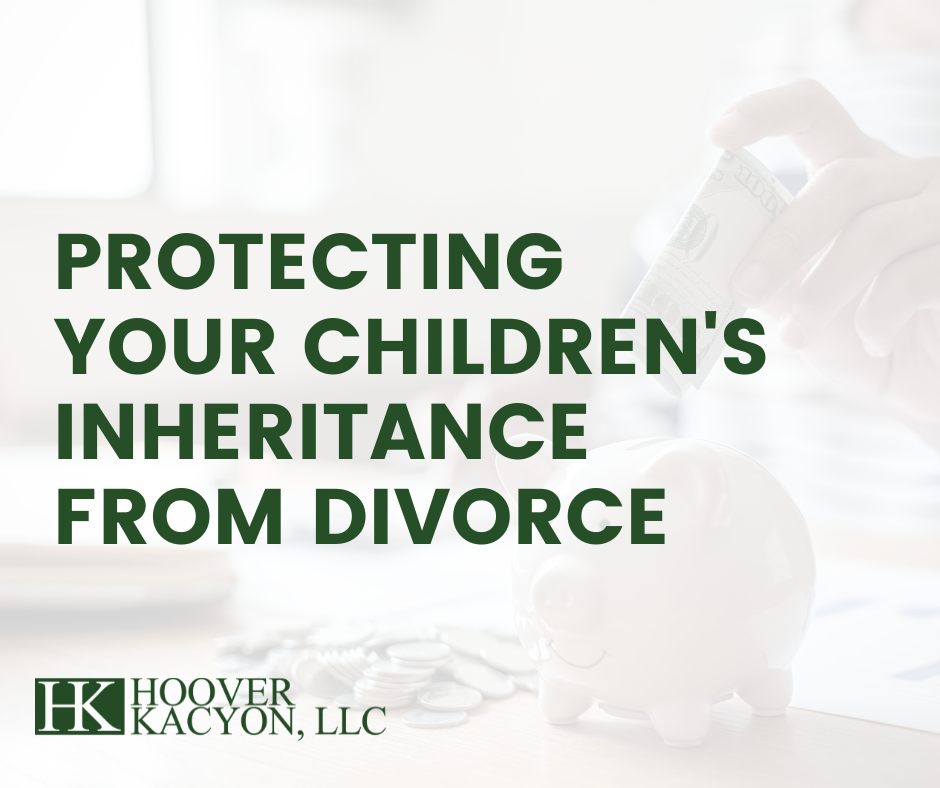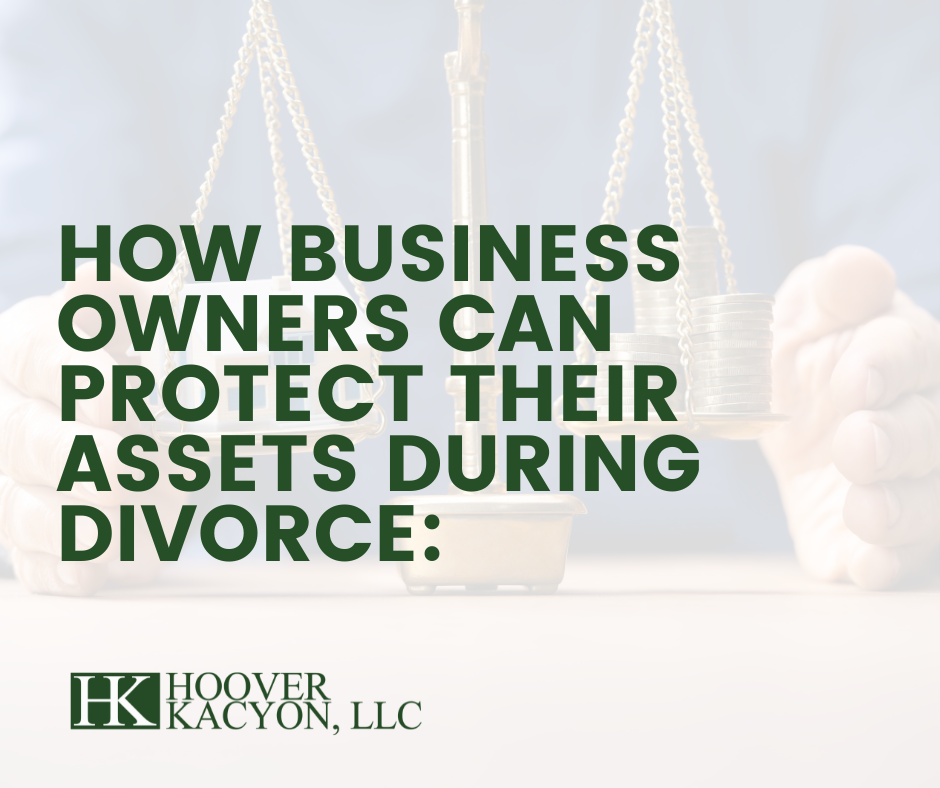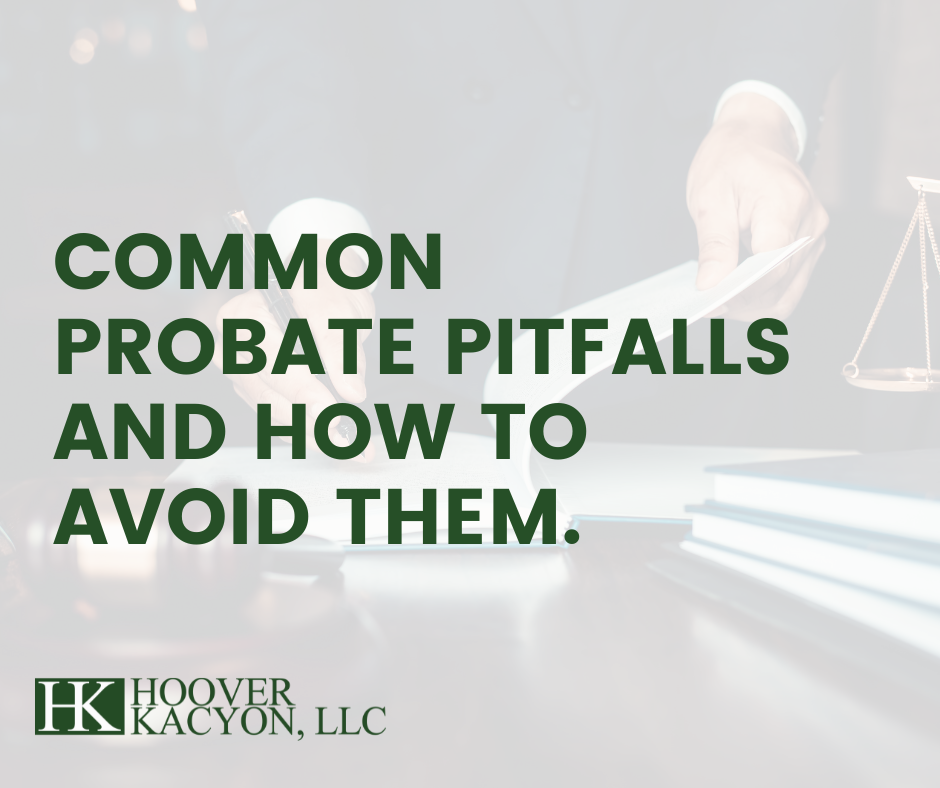Criminal defense is a complex and important area of law that deals with representing individuals accused of committing a crime. If you find yourself in need of a criminal defense attorney or are simply curious about the field, it's natural to have questions. Let’s address the top eight frequently asked questions about criminal defense.
- What’s expected of a good criminal defense lawyer?
Your criminal defense lawyer should have an excellent understanding and knowledge of the law in addition to defending the charge you’re facing. They can be expected to have experience in the court where charges were filed and skills in litigation and negotiation. Look at where they have practiced and the cases they have defended so you know if they are more familiar with federal or state courts and have participated in similar cases to yours. An attorney who communicates regularly and effectively, yet professionally, is important, too. You also want someone who can be innovative when needed to navigate the case to the best possible outcome for you. - What’s the procedure after an arrest?
The person in question is taken into custody, to the police station, and “booked” with their information. Officers will look for any outstanding warrants or criminal history and assess whether a release of custody is in order or a bail/bond payment should be required. If authorities decide to detain you, you have the right to have a judicial official review the detention. Property may be seized as evidence. In most cases, authorities will file a criminal complaint for you to appear before the court. You also do not have to speak to the police upon arrest; you have the right to remain silent and ask for an attorney to be present during questioning. - What’s an arraignment?
An arraignment is a formal proceeding before the court in a criminal case where the charges filed against a defendant are announced. An official plea is entered by the defendant or on the defendant’s behalf. Arraignment occurs after a criminal complaint has been filed. - Will the charges be dropped if the person who filed no longer wishes to press charges?
Not always. The state or government processes criminal charges. An individual who no longer wants to testify does not immediately call for dismissal. The prosecution will look at other evidence and witnesses to see if there is sufficient reason to continue with the charges. - What’s the difference between a felony and a misdemeanor?
A misdemeanor is generally a lesser crime than a felony handled by a local Municipal Court. In Ohio law, misdemeanors are classified by “degree” from the least serious Minor Misdemeanors to the most severe First Degree Misdemeanors. A felony is much more serious than a misdemeanor, with much stricter penalties, often including prison time and high fines handled by a county Common Pleas Court. Even with the varying degrees of severity, both misdemeanors and felonies will be reflected and remain on your permanent record. - What is vacating a conviction, and how do you do it?
A conviction is vacated when a charge generally gets reinstated after being improperly obtained and petitioned to be eliminated/reserved. If it gets reinstated, it will continue to trial. Vacating a conviction is vital to an immigrant’s case, as once a conviction is vacated, the immigrant is no longer deportable. It also may impact sentencing; a sentence can be reduced if a previous conviction is vacated. Commonly, vacating a conviction happens through a motion identifying an error in the case. - What should you do if you hear of a warrant for your arrest, and can it be removed?
Review your situation with a criminal defense attorney you can trust, like Eli Heller. The main objective is clearing up what the warrant is for and how simple it will be to clear your name or address the pending criminal charge. It’s possible to remove a warrant by appearing before the court. You want to set a good strategy and start on the right foot for your best outcome. - Can Ohio criminal charges be sealed?
To a degree, yes. The records will not be expunged (removed, erased, or destroyed), but Ohio law does allow adult criminal records to be sealed. Any electronic or paper records related to your criminal charges will be kept secure and separate.
The Akron Traffic & Criminal Law Attorneys at Hoover Kacyon, LLC., pride ourselves on having experience resolving cases through both litigation and settlement.
The Akron and Cuyahoga Falls Hoover Kaycon, LLC Attorneys at Law are here to answer any further questions about criminal defense. If you need assistance, know that we deliver the highest quality legal representation from a team of professionals while also providing excellent customer service. Call us at
330-922-4491
or
contact us online to make an appointment.
Recent Posts









YOU MIGHT ALSO LIKE









